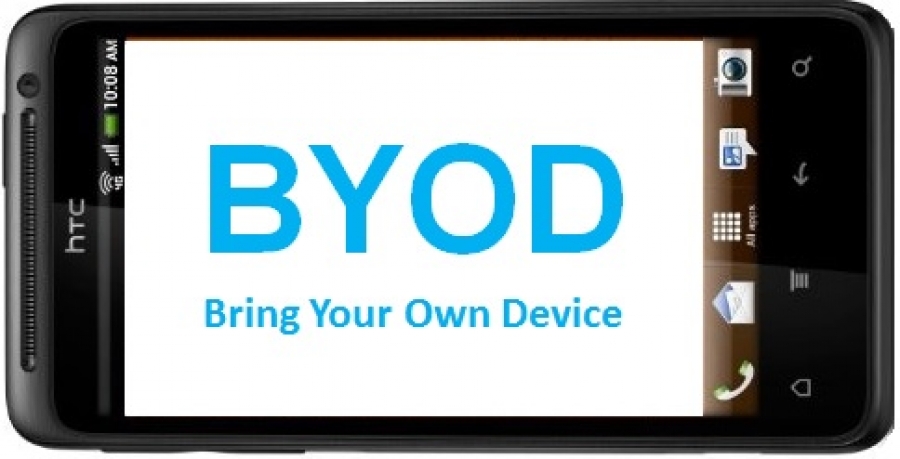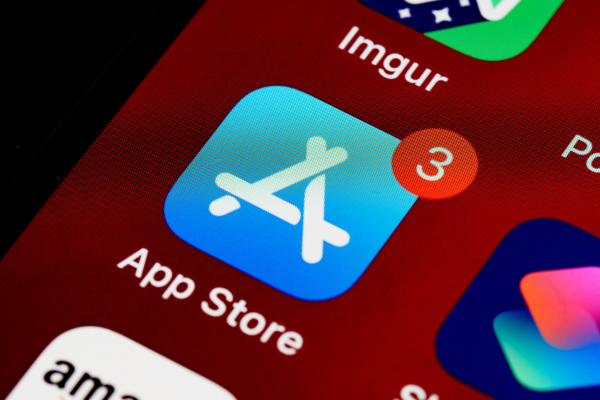Bring Your Own Device (BYOD) is a policy that permits employees to use personally owned mobile devices (laptops, tablets, and smart phones) at their workplace to access confidential company information and applications. BYOD first appeared on the scene in 2009, but really didn’t gain any significant traction until early 2011.
Cisco Internet Business Solutions Group recently released the results of a BYOD survey of 2,400 mobile users across six countries and many industries, and as expected, the report shows increasing acceptance of BYOD. We’d like to share with you some of the results of this survey.
Who uses BYOD
- Only 36% of companies surveyed by Cisco currently have a policy, but an additional 32% plan to add one within the next 12 months. Only 16% have no current plans for implementing.
- 34% allow BYOD with limitations (providing a list of sanctioned devices) while 24% allow their users to choose any device
- Early adopters of BYOD targeted smartphones, because managing them was relatively easy given a phone’s limited data capacity and functions. Then companies expanded BYOD programs to tablets. Presumably, laptops will be next since they are the primary productivity tool for the majority of knowledge workers.
- 81 percent of BYOD-ers use smartphones, 56 percent use tablets and 37 percent use laptops.
Why you should offer BYOD
- Nearly half of all mobile worker respondents prefer BYOD over corporate devices, and as much as 29% prefer BYOD even though their companies don’t provide corporate devices
- BYOD-ers spend an average $965 purchasing their own devices for work, and an additional $734 annually on mobile voice and data plans (not including monthly reimbursement stipends)
- The average BYOD-er would require a $2,200 signing bonus to jump to a company that doesn’t support BYOD
- The average U.S. BYOD knowledge worker saves 81 minutes per week thanks to using their own devices
Why you shouldn’t offer BYOD
- Thirty percent of mobile users would rather use corporate-provisioned devices, and 25% of current BYOD-ers would rather use corporate devices because of the technical support provided with corporate provided devices
Implementing BYOD
If you are considering implementing a BYOD policy, here are some generalized suggestions on how to move forward:
- Develop and communicate a sound usage policy clearly communicating what will and won’t be allowed for users
- Involve all possible stakeholders
-
- Understand your security risks
- Can you prevent sensitive data from being housed on any remote devices?
- Can you protect employee devices and company data from malicious software and unauthorized access?
- Understand your security risks
-
- Understand your legal risks. How will you handle:
- Privacy considerations such as limiting the collection of any employee personal data from the personal mobile device?
- Situations involving inadvertent damage to an employee’s personal data?
- Situations where an employer-owned device is lost or stolen?
- Understand your legal risks. How will you handle:
-
- Understand your financial risks
- Will you provide total, partial, or no reimbursement for the cost of the employee’s device?
- How much will you subsidize service plan fees?
- Understand your resource risks
- Understand your financial risks
-
- What level of participation will your technical staff be responsible for in setting up employee devices and supporting applications?
- What devices will you support?
- What applications will you support?
- Train your employees on responsible, productive mobility
- Monitor the program
BYOD considerations for a mobile time tracking system
As we mentioned in earlier posts, great leaps forward in mobile technology, have made mobile time tracking applications accessible to companies big and small. If your company has or is considering implementing a BYOD policy, and is also considering adding a mobile time clock application, there are a few important things you need to look for before you make your purchase.
- Will your company data be housed on the remote device itself? If so, how does the wireless time tracking application handle situations where a device is lost or stolen?
- Does the mobile time tracking software provide an access route to the company’s sensitive and confidential data?
- Does the remote time tracking application under consideration use encrypted access with user names and passwords? This provides an additional layer of security should the device get in the wrong hands.
- Will the application “time out” after a period of inactivity? This will require the person in possession of the device, to log back in to the program with the encrypted data.
- Can the system filter the data sent to a remote user? Limiting a user to a specific sub-set of company data also limits the amount of company data susceptible to loss or misuse in those situations where the data resides on the device.
A good, well thought out BYOD policy can save you money and improve employee morale, but it needs to be evaluated in terms of the increased security, legal, financial, and resource risks that it may bring about. Weigh all the factors carefully before making your decision. Good luck!







